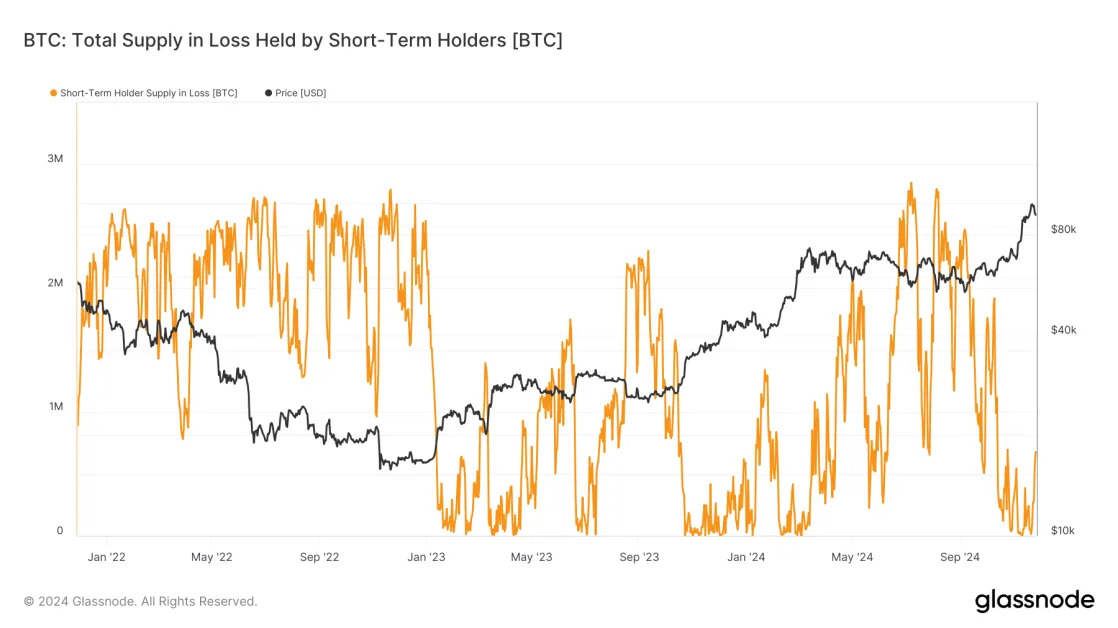(Bloomberg) -- Alberta intends to invoke legislation allowing it to defy a federally proposed cap on emissions from the energy industry in opposition to Prime Minister Justin Trudeau.
The Canadian province, which holds the world’s third-largest crude reserves in its oil sands, plans to introduce a motion to “stop a federal cap from infringing on the province’s distinct jurisdiction,” Alberta’s government said.
Trudeau’s government earlier this month announced a plan to implement a cap-and-trade system to require its oil and gas industry to cut emissions as much as 35% below 2019 levels. The proposal would go into force in six years. Alberta has vowed to challenge the proposal, arguing it will result in a production cut of at least 1 million barrels a day of oil and gas in the province, while effectively prohibiting any production growth.
“Albertans are relying on us to stand firm on this and we will not let them down,” Premier Danielle Smith said in a press conference from Edmonton.
The Alberta Sovereignty Within a United Canada Act, passed early in Smith’s term in office, orders provincial agencies to not enforce or aid in enforcing federal rules deemed unconstitutional or “causing harm to Albertans.” Should a cap become law, Alberta will launch an immediate constitutional challenge, the government said.
Alberta’s motion would prohibit entry by individuals, including federal officials, onto any oil and gas facility unless they are licensed by Alberta. It also would declare information related to greenhouse gas emissions from oil and gas sites as “proprietary information exclusively owned by the Government of Alberta.” Companies would be required to report their emissions directly to the provincial government, which would disclose the data at its own discretion.
The province plans to take an active role in strategically selling oil and gas collected as royalties in lieu of cash, Smith said, suggesting the heavy crude could be sold to fill the US Strategic Petroleum Reserves or supply the US Defense Department or be sold to buyers overseas who face challenges in securing supplies from companies.






